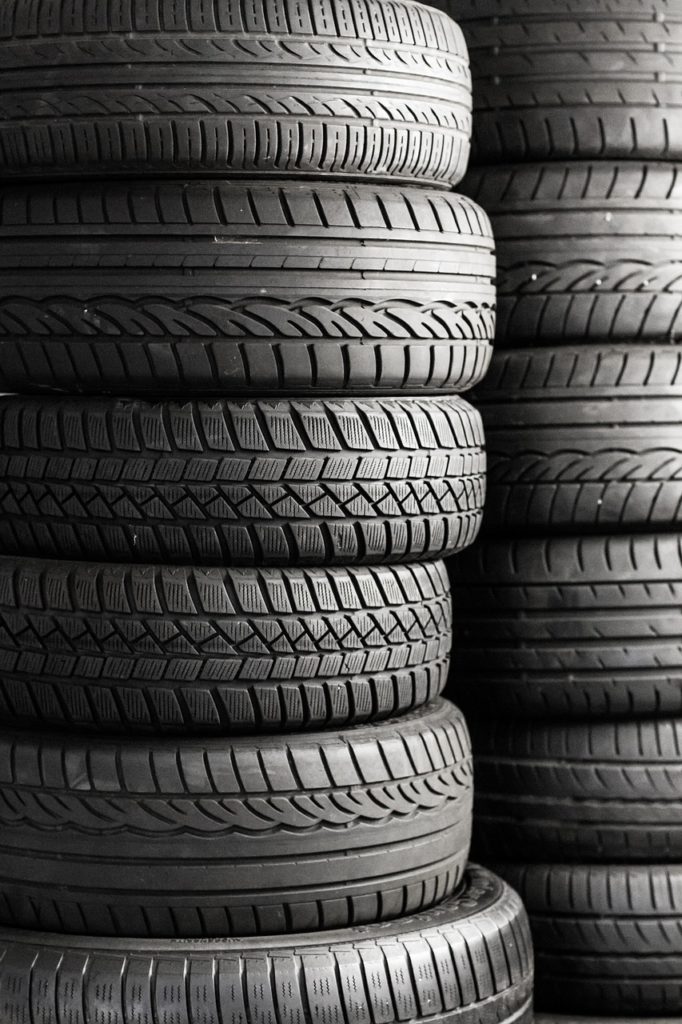All opinions are mine and mine alone.
Why You Shouldn’t Underestimate the Importance of Quality Tires
Buying tires for your vehicle may not seem like the most important way to spend your hard-earned cash. But pick the wrong replacement rubber and you could pay dearly.
The key to making sure you find quality tires for your car is understanding the basics, such as type and fit, before you start your search. Follow the steps below and your tire-buying process should go smoothly.

WHAT TYPE OF TIRES DO YOU NEED?
If you didn’t know different types of tires exist on the market, then this section is definitely for you. Still, if you’re already familiar with this concept, a quick refresher never hurts. Gone are the days of three basic tire types. Today, there are a few more categories from which to choose. These categories are broken down by performance and vehicle type.
Performance-Based Tires:
- All-season tires: These tires offer year-round versatility and a well-rounded performance. Because they’re able to handle most weather conditions, this type of tire is a popular pick.
- Touring tires: These tires offer smooth handling, as well as a longer tread life and an enhanced ride.
- All-terrain tires: Ready to take the less-beaten path? These tires can take you through mud and snow to street and highway without sacrificing any control.
- High-performance tires: These are a premium pick for those looking for responsive handling and improved stability at higher speeds.
Vehicle Type:
- Car/minivan: The most suitable tires for these vehicle types are either all-season, touring or high-performance tires.
- Truck and SUV: These sturdy vehicle bodies do well with all-season or all-terrain tires.
Finding the right type of tire comes down to your vehicle type and what qualities you deem most important. Once you establish your top priorities — noise level, traction, warranty, tread level, handling and/or ride comfort — you can narrow down the precise type of tires that meet those road features.
Want to make it easy? Find an online tire retailer that can help you match your vehicle type and performance preference to specific tire brands that fit your needs.
WHAT SIZE TIRES DOES YOUR VEHICLE NEED?
This question can throw people for a loop, as they may think they need a mechanic to tell them these measurements. But, in reality, knowing the right size tires comes down to understanding the manufacturer’s specs. You can find these dimensions by locating the sticker on the driver side door and jotting down the information. This sticker will tell you the exact size, load index and speed rating. When buying tires, experts recommend staying within the size and speed rating noted on the factory specs.
Three Essential Components:
- Size: This is the tire size in relation to width and diameter.
- Load index: This is the maximum weight each tire can safely support.
- Speed rating: This is the maximum speed for each tire in relation to the load index — not how hard you should hit the gas pedal.
WHERE DOES COST FIT IN?
You’ve no doubt heard the term “you get what you pay for” — and it couldn’t be truer when it comes to tire selection. Indeed, there’s no way around it — tires can be pricey. However, choose a set based solely on low cost and you’ll feel the ramifications in the form of less-than-stellar car performance, a quick need for replacements and, even more scary, an inability to handle varying weather conditions.
As you begin researching and shopping, keep in mind buying quality tires is a worthwhile investment, especially when you factor in more time between replacements, less wear on your car and, because of their more sophisticated design, an improvement in overall fuel consumption. Finally, when you spend your hard-earned money on quality tires, you gain critical performance traits — and these features positively impact your safety on the road. Just don’t shortchange your well-being to save a few bucks.



Speak Your Mind